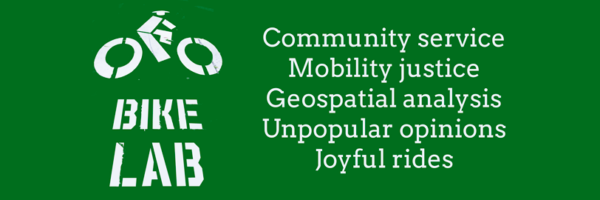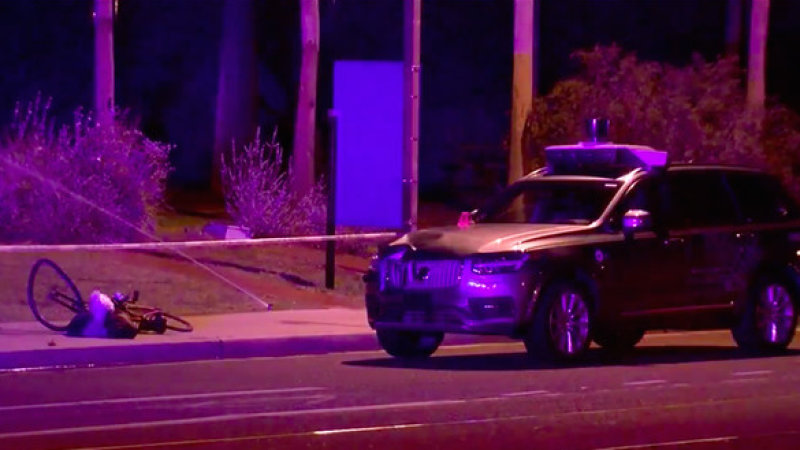Bike to Work Day began in Oakland 25 years ago, sponsored by the East Bay Bike Coalition, led at the time by Robert Raburn (now director of the BART board). I’ve always been a bit ambivalent about it, with my glib reasoning being that every day is bike to work day for me. Digging a little further into my objection, I feel like bike advocacy in the U.S. tends to frame cycling as a distinct activity, requiring dedicated equipment and infrastructure. I think it would be more productive to frame urban cycling as a common activity that everyone should be able to do all the time. So, I’ve been a reluctant participant in years past, collecting several of the canvas bags (which I do enjoy), but I haven’t really pushed the event.
This year, my wife was volunteering at the pancake breakfast at Oakland City Hall, so I decided to join one of the pedal pools. Most of the City Council members, and the mayor, were riding from their districts to City Hall, and I connected with Mayor Libby Schaaf and Council member Abel Guillen near the Grand Lake Theater.
In general, I like the idea of the pedal pools, which put the elected officials on the ground with their constituents, in a context that’s inherently accessible. The bicycle can be a democratizing tool.
I liked that both Libby and Abel (I’ll refer to them by their first names, now that we’re riding together), and most of the other riders (15 or so) were wearing business clothes. Riding from Grand Lake to City Hall isn’t an athletic endeavor necessitating spandex and clipless pedals. We are still stuck on the requirement for helmets (which are common almost nowhere else in the world among urban utility cyclists). The photographer wanted to take pictures of me on my unicycle, but wanted me to wear a helmet (which I didn’t bring). I don’t think they used any of those pictures, probably for that reason. Generally, I think the way we focus on helmet use sends the message that urban cycling is dangerous, and I think that’s counter-productive to the goal of increasing cycling.
I didn’t like so much that Libby was on one of the new electric Ford Go Bikes. She herself expressed that it seemed silly for a ride so short, but it was a promotion for the Motivate bike share service, whose rep was riding with us. (Two more potential future blog posts: The peculiar relationship of bike share programs to the city, and the spatial dynamics of the e-bike revolution).
Our route took us down the controversial parking-protected bike lanes on Telegraph Avenue, and as always, there was a car double-parked in the lane. Libby squeezed between the two parked cars; I went around into the traffic lane. (Another potential blog post: The problem of success metrics for bike infrastructure projects.)
The party at Frank Ogawa Plaza was pretty nice, with Chris Hwang of WOBO being given an award, Robert Raburn talking about 25 years of activism, and Ryan Russo (Oakland DOT) and most of the City Council members speaking about biking in Oakland.
Overall, what I liked about the event was that it was mostly about community (and politics) rather than infrastructure and projects. Because the social meaning of cycling is such a huge part of why cycling rates differ, we need to work on normalizing cycling in more of the community. And it included people from all areas of the city, with Cycles of Change tabling, and the Scraper Bike Team leading the pedal pool from East Oakland. Problematically, some of them were riding scraped-out Ford Go Bikes, which are not available in East Oakland–the furthest out is at 41st Avenue, which is two miles away from the Scraper Bike Shed at International and 69th. I worry about the Scrapers getting tokenized; if bike advocacy is looking for street cred in Deep East, we had better be providing benefits to Deep East.





